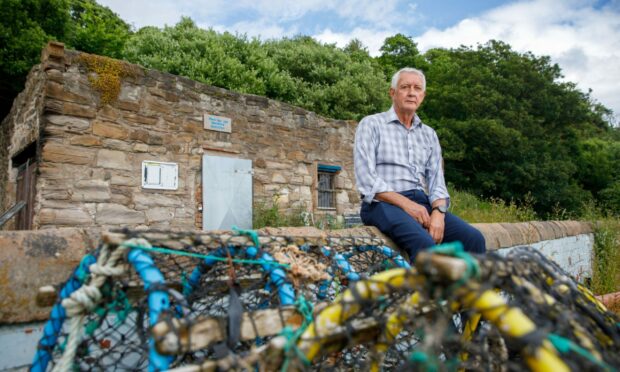A newly-identified case of equine flu in Fife has prompted renewed concern across the region.
The Animal Health Trust has confirmed a horse being treated in the Dunfermline area by vets from the Loch Leven Equine Practice has tested positive for the illness after travelling extensively through Europe.
Experts say there is a very low risk of the horse being contagious but owners are being urged to be vigilant.
A national outbreak earlier this year which was found in both vaccinated and unvaccinated horses caused stables to be closed and horse racing meetings cancelled for almost a week.
The Fife case has been detected at The Steading Livery and Training Centre near Dunfermline and a statement from the business confirmed with “great sadness” the facility is on lockdown.
The statement read: “All new horses to our yard are placed in quarantine but given the current outbreak and the fact that he was travelling extensively via corporate transportation he was immediately placed in strict quarantine with extensive biohazard practices in place and only his owner has been handling him.
“We are a small yard and there has been no movement of horses on/off the yard since his arrival.
“We are of course on full lockdown, but would like to stress that despite the very low risk of him being contagious, we will, of course, continue to monitor all the horses here.
“Our thanks go out to Loch Leven Equine Practice for their support and advice, but most importantly for their help and treatment of the pony.”
Equine flu is caused by various strains of the influenza virus that affect the upper and lower respiratory tract of horses, donkeys and mules.
When the virus has been inhaled, it invades the lining of the airway, which becomes inflamed, producing a sore throat and a nasty cough.
The Dunfermline case is understood to be just the third identified in Scotland this year, with just two of the 61 UK recorded cases from January 1 through to March 28 located north of the border.Both were said to be in the central belt.
A spokesperson for the Animal Health Trust said the result of tests in the Fife case had come back with a very “low level” result, meaning the risk of the horse being highly contagious was low.
Its advice had not changed since the outbreaks started earlier in the year.
“In a nutshell we recommend that horses should be vaccinated and if it has been over six months since their vaccination owners should re-vaccinate,” the spokesperson added.
“Carry out good biosecurity practices and isolate any new arrivals on a yard.”
With high-profile and well-attended events like the Fife Show just a matter of weeks away, Elaine Miller, show secretary, confirmed that measures have been taken to ensure equine flu is not easily spread.
“The show has introduced a policy that all horses, ponies and donkeys competing have to be vaccinated against equine flu,” she said.









